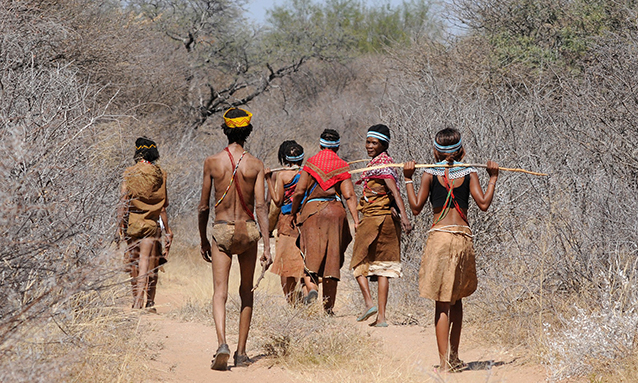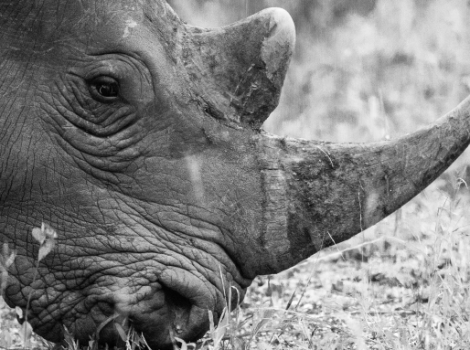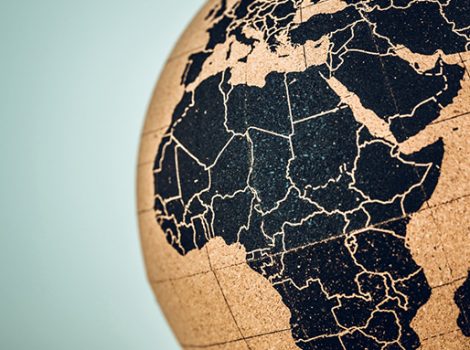
15th May 2023
Some United Nations (UN) member states have expressed concern that mining, tourism and agricultural activities are displacing indigenous communities such as the Basarwa in Botswana.
This was brought up during the 43rd Universal Periodic Review (UPR) conducted at the UN Human Rights Council in Geneva.
“We remain concerned that mining, tourism, and agriculture activities are displacing communities like the Basarwa or San.
These communities are not able to effectively challenge their displacement or equitably access land, and that members of these communities suffer human rights abuses,” said Jesse Elmore in a statement he delivered on behalf of the United States.
In an effort to guarantee the Basarwa’s survival, the Central Kalahari Game Reserve (CKGR) was established in 1961. However, the protection of Basarwa’s rights started to deteriorate under Quett Masire’s administration who was the second and longest-serving president of Botswana, in office from 1980 to 1998. The Basarwa have on numerous occasions fought their eviction from the CKGR in central Botswana.
The Basarwa were forcibly evicted in a number of instances in 1997, 2002, and 2005. Many Basarwa were relocated to camps where they were unable to continue enjoy their traditional lifestyle.
Hunting was prohibited in the Game Reserve, and Basarwa caught breaking the law were detained. A court found in 2006 that it was unlawful for the government to prevent the Basarwa from entering the CKGR without permission. But after that, Basarwa faced further obstacles, making their life in the CKGR a challenge.
The family of the late Pitseng Gaoberekwe, who has been lying in a mortuary for over a year, is waiting for permission from the government to bury him in his ancestral land in the CKGR. The minister of justice, Machana Shamukuni, asserted a while back that the government has a responsibility to set an example by adhering to court orders. This came after the Court of Appeals decided against the family’s wishes earlier this year, ordering that the deceased be buried within seven days in any place of their choice apart from the CKGR. The family doesn’t seem eager to participate in any interments of the deceased outside the CKGR.
However, in his address at the UN Human Rights Council, Shamukuni said the family’s request to bury the deceased in the CKGR was not accepted “on the reasoning that it was contrary to the destitute policy, and the deceased was not among the applicants in the Roy Sesana case”.
The UN Declaration on the Rights of Indigenous Peoples (DRIP) forms the basis for developing new laws, policies and guidelines that uphold the rights of indigenous peoples. But since the Declaration’s adoption in 2007, only a few countries have formally recognised indigenous peoples’ identity and rights.
Source: https://www.sundaystandard.info/mining-tourism-displace-basarwa/



